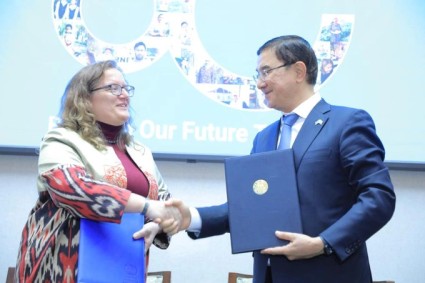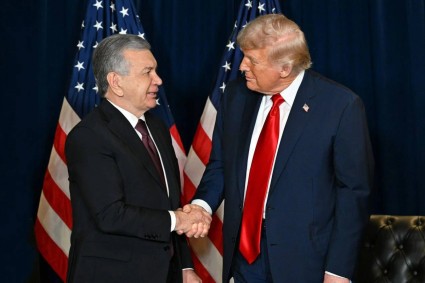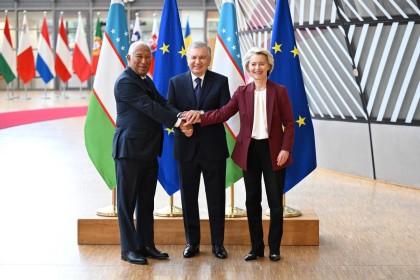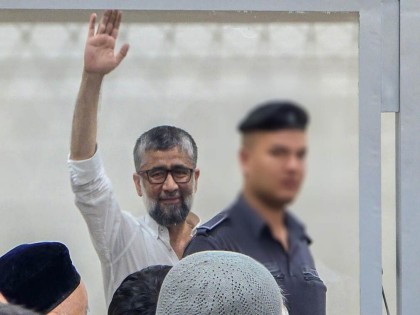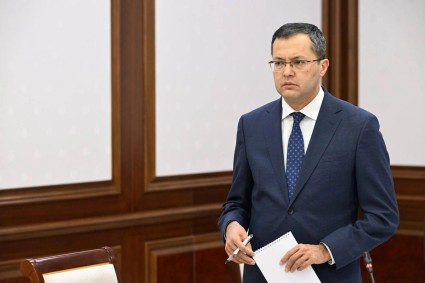President Shavkat Mirziyoyev on March 29 signed the law "On Amendments and Addenda to Some Legal Acts of the Republic of Uzbekistan in Connection with the Adoption of Additional Measures to Ensure the Reliable Protection of CIvil Rights and Freedoms". The document was adopted by the Legislative Chamber of the Oliy Majlis on March 17 and approved by the Senate on March 28.
According to the information service of the Senate, the law is aimed at “democratization and liberalization of the judicial and legal system, increasing the efficiency of judicial, law enforcement and supervisory bodies, increasing public confidence in justice, ensuring the rule of law."
The law introduces changes and addenda to the Criminal Code, the Criminal Procedural Code, the Civil Procedural Code, the Penal Enforcement Code, the Law on Courts and the Prosecutor's Office Law.
In particular, it provides for the abolition of criminal punishment in the form of arrest. At the same time, a milder, non-custodial type of punishment has been introduced into the system of criminal punishments: "mandatory community works".
The term for detention of persons suspected of committing a crime is reduced from 72 to 48 hours, the terms for applying preventive measures in the form of custody and house arrest, as well as preliminary investigation, have also been reduced from 12 to 7 months.
Courts are entitled to apply alternative preventive measures in case of refusal to apply a preventive measure in the form of detention or house arrest.
The return of a criminal case by courts for the purpose of additional investigation has been completely abolished, the mechanisms for completing the incompleteness of the investigation during the trial are legislatively fixed.
The period for reviewing the judicial decision on civil cases in order of supervision is reduced from 3 years to 1 year.
The amendments also provide for the abolition of consideration by provincial courts of criminal and civil cases by way of supervision, with the exception of powers of the respective chairmen of courts and prosecutors for bringing protest in the order of supervision.
In addition, the duplicating powers of the Plenum and the Presidium of the Supreme Court for supervising cases are excluded.
All changes provided by the law will come into force on April 1, 2017








